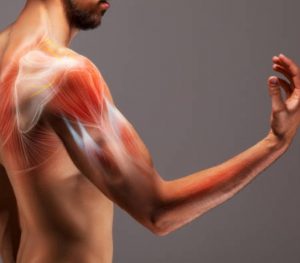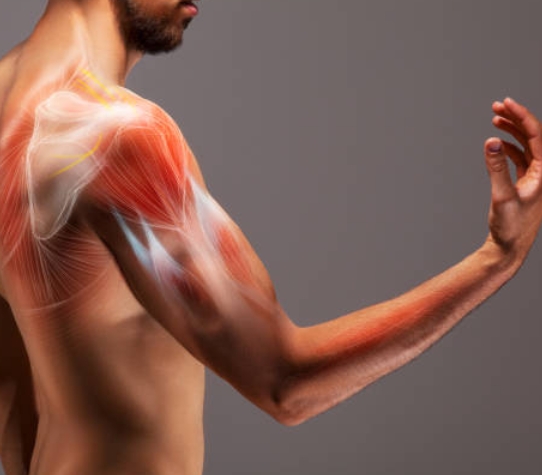Tendons are among the most essential parts of our musculoskeletal system, same as ligament. It can be described as a connective tissue that provides the anchor for our muscles to be attached to our bones; thus, it allows us to move our joints. This article discusses some ways to improve tendon health.
They are mainly made up of collagen strands which are twisted together to give fibers, and these fibers form bundles. Our tendons are structured in such a way it can withstand forces pulling in different directions. Although our tendons are very strong, they are prone to injury, especially if you’re into sports. One common condition that affects the tendons is tendinitis. Tendinitis is often caused by doing some type of repetitive activity or task, such as painting, gardening, carpentry or playing sports like golf, tennis or skiing.
Before we delve into the ways to improve your tendon health, you must first understand the two very important functions of the tendons.
Functions of the Tendons
Tendons, just as ligaments, attach muscles to bones which makes movement possible. Movement is produced when muscles contract and pull on the tendons, which yanks on the bones.
Secondly, tendons enable us to jump, lift, run, absorb impacts, lift heavy things, and provide an elastic response. It works just like a rubber band.
We don’t often pay much attention to how to strengthen and improve the health of our tendons and ligaments until we suffer complications or injuries on our tendons. Taking care of our tendons is a combination of healthy food rich in nutrients that improves the tendons and certain exercises targeted at improving the tendons.
7 Ways To Improve Tendon Health

The following are some of the ways we can improve the health of our tendons, including nutrients to eat and exercises to partake.
1. Eat foods rich in protein
Our tendons are mostly made up of protein. Foods rich in protein allow your body to produce collagen and elastin, which helps strengthen our tendons and ligaments. Adequate protein enables the body to be elastic and produce enough collagen.
2. Increase your intake of vitamin C
Tendons require a high intake of vitamin C because it helps in the development of collagens. Vitamin C plays an important role in producing new collagen, and the lack of vitamin C work limits collagens, thereby weakening your tendons. Great sources of the vitamin can be vegetables and fruits, including strawberries, oranges, broccoli, tomatoes, and red peppers.
3. Increase your intake of vitamin E
By taking a lot of foods that contain a high level of vitamin E, you supply your tendons with the nutrient which helps to reduce inflammation and reduce contracting tendonitis. Tendonitis is one of health risks associated with vitamin E deficiency.
4. Take a lot of essential minerals
Consuming foods that contain high amounts of minerals helps in maintaining healthy and strong tendons. Further, tendons are made up of small amounts of calcium and manganese and contain copper and trace minerals. Another essential mineral to take is calcium, which helps maintain healthy bones and prevent bone disorders that might adversely affect tendon function.
Besides nutrition, there are exercises for improving your tendon health. Tendons are peculiar because, unlike muscles, they take a long time to be strengthened and developed; therefore, to build healthy tendons, the following exercises are recommended.
5. Weight Training
Weight training is critical to maintaining healthy and strong tendons. It helps more when you incorporate resistance training which includes bodyweight exercises, dumbbells and barbells. Strength training can also to make a tendon stiffer and help improve athletic performance, but note that an increase in stiffness leads to a decrease in the tendon’s ability to stretch. Excessive weight training also causes damage to a tendon protein called collagen. Thus you need to find a balance.
6. Stretching
Stretching is also an important exercise that helps to build strong and healthy bones. Important consideration should be given to your achilles tendon and shoulder tendons.
7. Plyometric and Isometric Training
Plyometric and isometric training is focused on improving the ability of the tendon to recoil. An example of plyometric and isometric training can be jumping, squatting, and weighted calf raises to improve how fast the tendons return to their original state.








